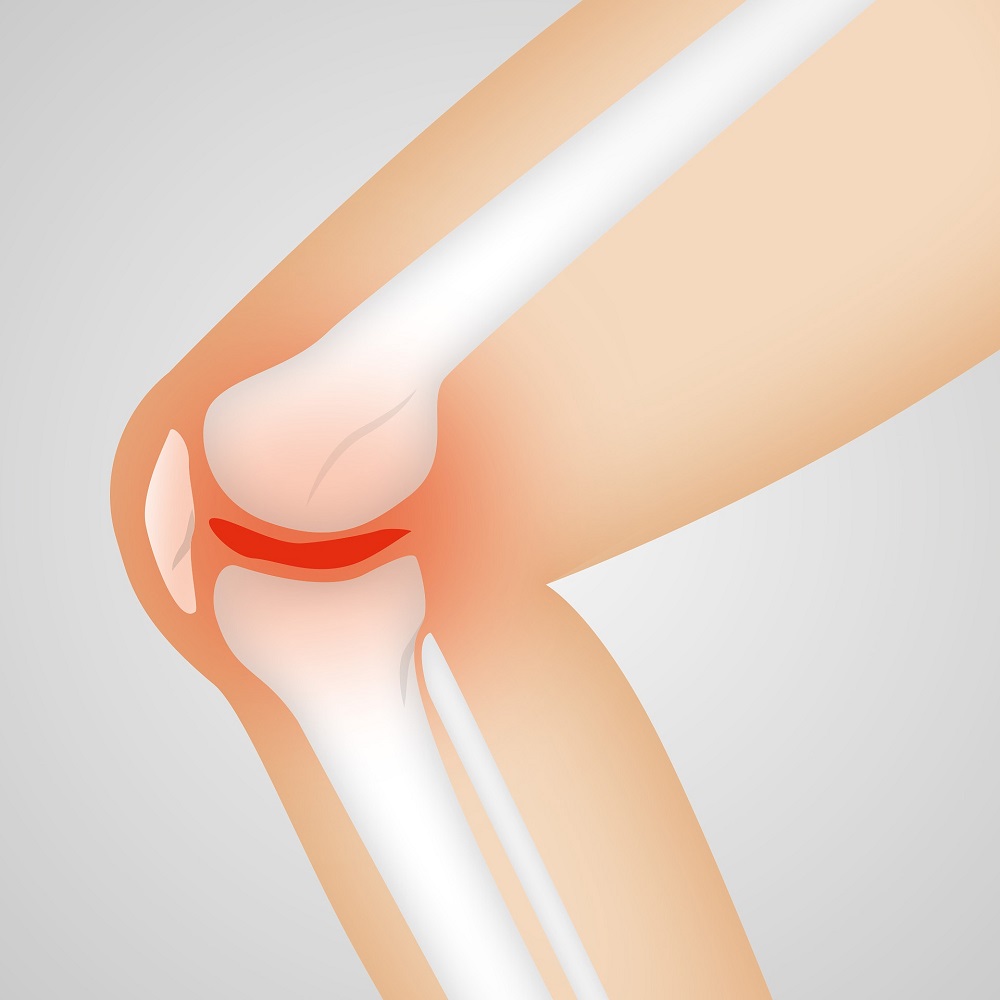As mentioned previously in our blogs ACL reconstructions have become a contentious issue over the past few years with more evidence confirming that reconstructive surgery is sometimes not your only option. So we thought we would dive into one of the complications post ACL reconstructions to further educate our clients.
ACL Function
Prehabilitation – a Key Part of Recovery for ACL Reconstruction
Are you ready to return to sport after ACL reconstruction?

What is a cyclops lesion?
A cyclops lesion is a rounded fibrous mass sitting on the front portion of the ACL graft. This mass can then get caught between the tibia and femur during knee extension causing pain and sometimes a audible or palpable clunk. This in turn reduces the patients ability to build quadricep strength and continue to progress through their rehabilitation process.
Why does it happen?
There are a few reasons this may occur post op. It has been associated with the graft being placed more anteriorly on the tibia as well as a disorganized mass of scar tissue in the front of the graft. Although many can be suspected with a physical exam, an MRI is required to confirm this diagnosis.
Treatment and prognosis
First treatment option at this point is debridement surgery, research currently shows this to be quite successful with many patients symptoms and pain resolving within a few weeks post operation. And while there has only been one article researching the recurrence of cyclops lesion post op it did report that only 1 patient out of 33 had a recurrence, which although isn’t conclusive does give a positive start.
As always if you have any questions always give us a call to talk through any concerns you have regarding your knee pre or post operation.
Kambhampati SBS, Gollamudi S, Shanmugasundaram S, Josyula VVS. Cyclops Lesions of the Knee: A Narrative Review of the Literature. Orthop J Sports Med. 2020 Aug 28;8(8):2325967120945671. doi: 10.1177/2325967120945671. PMID: 32923503; PMCID: PMC7457408.








